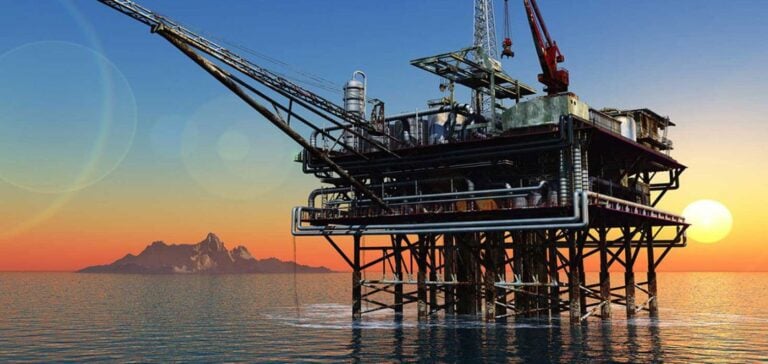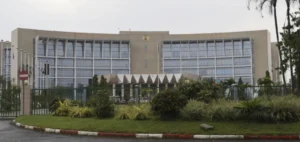The Thali oil project of Tower Resources, located off the coast of Cameroon in the Rio del Rey basin, has been offered strategic financial support. This financing, estimated at $15 million, is contingent on the funding provider’s intention to secure a minority stake, allowing Tower Resources to retain its operator role. This capital injection could prove crucial for the continuation of exploration and exploitation work in this hydrocarbon-rich region, a sector with notable economic potential for Cameroon.
Tower Resources, the operator of the Thali block, faces financial constraints that have delayed exploration operations, notably the drilling of the NJOM-3 well, a central element of its strategy. This situation led the company to request a one-year license extension in 2023, as the previous license expired in May of the same year. To reinforce its financial position, the company is also seeking additional support from local financial institutions, such as the Central African States Development Bank, to obtain guarantees and supplementary funding.
Financing Offer: Structure and Impact
The proposed $15 million financing would allow Tower Resources to resume drilling activities and strengthen its position in the Rio del Rey basin. Structured as a minority stake, the offer could include staggered payments based on future oil production from Thali, thus enabling Tower Resources to maintain a stable capital structure. However, this plan depends on obtaining a license extension first, without which operations could be at risk of non-compliance.
This innovative financing model could set a precedent for similar projects across Africa, facilitating production activities while limiting the initial financial burden for exploration companies.
The Rio del Rey Basin: Potential and Appeal
The Rio del Rey basin is known for its significant energy resource wealth, attracting various international petroleum industry players. With approximately 1.2 billion barrels of oil equivalent estimated on the Thali site, Tower Resources could play a key role in Cameroon’s hydrocarbon production. Reviving operations on this block would not only boost national oil production capacity but also create jobs and promote local infrastructure development, positively impacting Cameroon’s and the region’s economy.
Geographical Expansion and Diversification of Tower Resources
In addition to its activities in Cameroon, Tower Resources has diversified its presence in Southern Africa, holding licenses in Namibia and South Africa. In Namibia, it holds a majority 80% stake in offshore blocks 1910A, 1911, and 1912B, with licenses expiring at the end of October 2024. In South Africa, Tower Resources has a 50% stake in the Algoa-Gamtoos license, covering over 9,000 km². This geographical expansion allows Tower Resources to spread the risks associated with offshore exploration and to expand its portfolio in strategic areas.
Future Prospects and Challenges
The acceptance of the financing offer could accelerate the Thali project’s implementation and inspire similar investments in other areas of the Rio del Rey basin. However, the success of this initiative will depend on several factors, including obtaining the license extension, securing additional funding, and managing the technical challenges of offshore drilling. This project illustrates the economic opportunities offered by the hydrocarbon sector in West Africa, a region where resources remain largely underexplored.






















